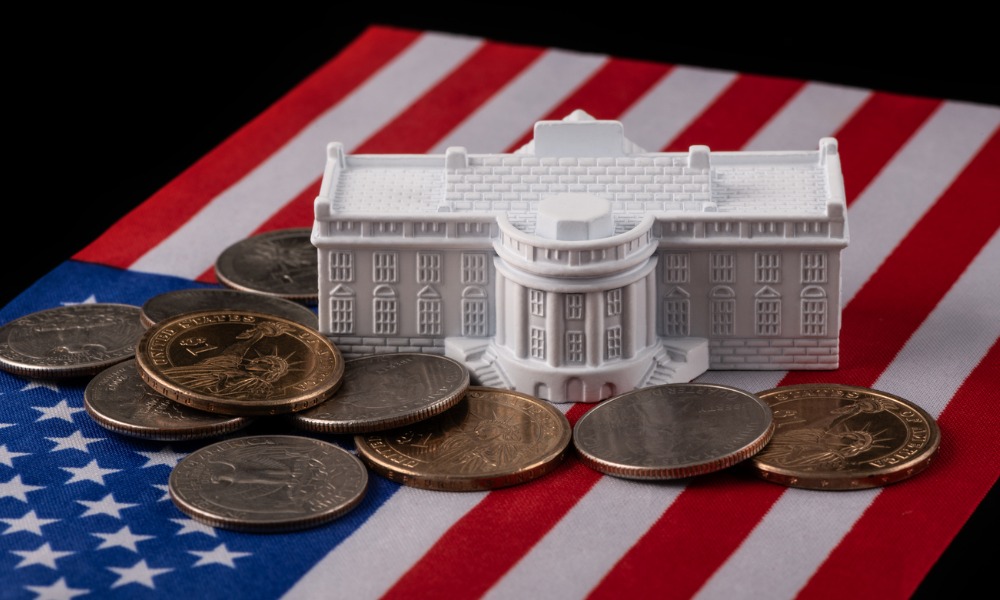

Ask the average American whether they consider themselves to be rich or not and you should get a straight answer, but for one in four who took part in new research they won’t know until after November 5.
The outcome of the presidential election is considered so important to their personal finances that the outcome will determine whether they can say they are rich or not, and half of respondents overall say the election outcome will have a direct impact on their personal finances.
The Empower research found that middle class respondents are most likely to determine ‘rich or not’ based on the election with 27% of those earning $50K-$100K saying this compared to 22% of those earning less and 23% who earn more.
Half agree that uncertainty about the election impacts the markets and 23% will invest more in the stock market based on its outcome or change their asset allocation, although 18% say they will withdraw their money/liquidate their investments.
While one third of those who took part in the study say who America elects will affect their spending power – positively or negatively, mostly due to controlling inflation - a similar share is concerned about the longer-term impact, specifically how it will affect their retirement plans.
More than one quarter say they will never be able to retire, 29% say they'll have more money in retirement, and 31% say they'll likely be more financially secure in retirement, dependent on who wins on November 5.
"'The adage is that 'all politics is local'—and when it comes to money, it hits very close to home, with many Americans seeing a direct link between their own prosperity and the highest office in the land," says Rebecca Rickert, head of communications at Empower. "From their retirement timeline to their account balances, people feel there is a lot riding on the outcome of the election in terms of their own financial happiness."
Empower’s research follows a study by the CFP Board which found that nearly 80% of respondents expressed fears of financial decline should their candidate fall short in the election.

Canadian stocks are on a roll in 2025 as the country prepares to name a new Prime Minister.

Two C-level leaders reveal the new time-saving tools they've implemented and what advisors are doing with their newly freed-up hours.

The RIA led by Merrill Lynch veteran John Thiel is helping its advisors take part in the growing trend toward fee-based annuities.

Driven by robust transaction activity amid market turbulence and increased focus on billion-dollar plus targets, Echelon Partners expects another all-time high in 2025.

The looming threat of federal funding cuts to state and local governments has lawmakers weighing a levy that was phased out in 1981.
RIAs face rising regulatory pressure in 2025. Forward-looking firms are responding with embedded technology, not more paperwork.
As inheritances are set to reshape client portfolios and next-gen heirs demand digital-first experiences, firms are retooling their wealth tech stacks and succession models in real time.
